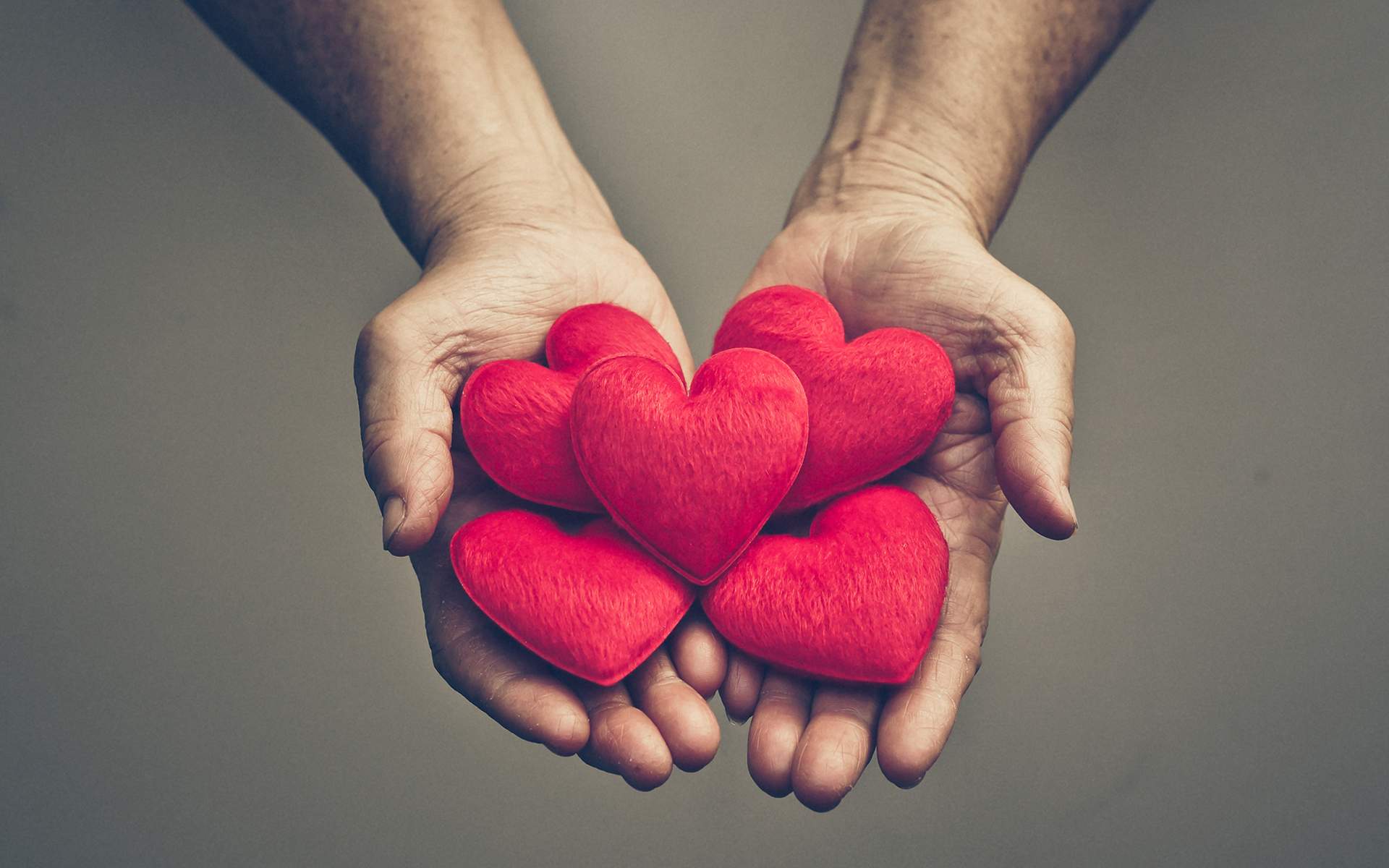
Boost Compassion & Courage in 15 Minutes
Discover how a simple 15-minute self-affirmation exercise can increase compassion, reduce schadenfreude, and boost courage. Science-backed results!
Discover the psychology behind procrastination and 4 research-backed strategies to overcome it. Learn how to boost productivity and reduce stress.

We've all been there - scrambling to meet a deadline for a task we've been avoiding. That wave of stress, frustration, and self-doubt isn't just inconvenient; it's deeply rooted in human psychology.
Procrastination dates back to ancient times - the term comes from the Latin "procrastinatus," meaning "to put off until tomorrow." According to Dr. Piers Steel, a leading expert on motivation and procrastination at the University of Calgary:
"We are an impulsive species that values immediate rewards over future benefits. Difficult tasks with delayed rewards trigger our natural tendency to procrastinate."
When we procrastinate, we:
- Sacrifice precious free time to last-minute work
- Experience constant mental reminders of unfinished tasks
- Struggle to be fully present in the moment
Dr. Steel's research reveals that motivation depends on four elements:
Expectancy (Confidence)
Task Value
Impulsiveness
Reward Delay
While quick fixes help, lasting change requires understanding your personal procrastination triggers. Track when and why you delay tasks to identify patterns. Remember - progress beats perfection. Small, consistent steps create meaningful habit changes over time.
For deeper work on productivity:
- 11 Ways to Finally Stop Procrastinating
- How Mindfulness Creates More Time
- Managing Workplace Stress Effectively

Discover how a simple 15-minute self-affirmation exercise can increase compassion, reduce schadenfreude, and boost courage. Science-backed results!

Explore Ohio's forgotten towns and scenic backroads while learning mindfulness lessons from unexpected detours. A travel reflection on seeing beyond the highway.

Learn a simple 3-step mindfulness technique to unhijack your attention, reduce stress, and improve present-moment awareness in just 2 minutes.